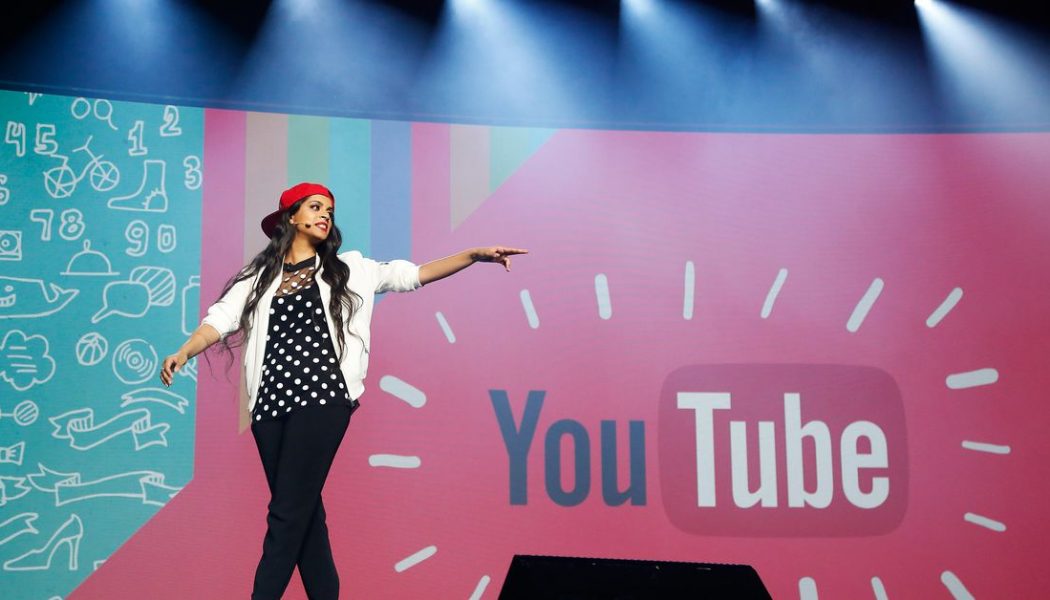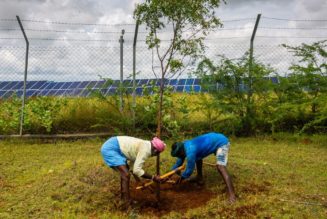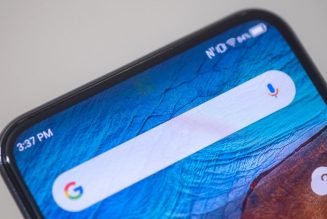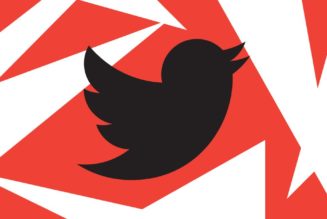
YouTube started the last few years off with nothing short of catastrophic headlines about some of its creators.
2017 saw Felix “PewDiePie” Kjellberg receive global criticism for a video in which he displayed anti-Semitic imagery; 2018 found Logan Paul uploading footage of a dead body to YouTube; 2019 ushered in loot crate controversies and dangerous stunts by top personalities like Jake Paul who took part in the Bird Box challenge by driving while blindfolded, leading to fundamental policy changes at the company. Those events were only within the first few weeks of each year, too.
2020 was much quieter. The year has gone by without a cascade of egregious misdeeds and public relations disasters. That’s not to suggest YouTube had a perfect year; the company faced ongoing misinformation plagues on its platform, faced intense scrutiny for its lack of action around governing the platform during the federal election, and is still figuring out how to handle a number of issues with videos featuring kids. YouTube did not have a great 2020, but it wasn’t driven by a never-ending whirlwind of creator chaos.
It may have been factors brought on by the pandemic and the arrival of an enormous new rival that helped YouTube. The pandemic made it harder for creators to get together to film (although that didn’t stop some of YouTube’s more popular stars from throwing parties at their Los Angeles mansions). Prank videos reliant on collaborations or travel diaries that can go astray were forced to transform into videos that could be filmed inside. Members of the “Vlog Squad,” one of YouTube’s most popular collaboration groups, worked on creative sketches that didn’t require them to be in each other’s space all the time, and Logan Paul mostly focused on his podcast that records in his California home.
If YouTube had a quieter year, part of that is because TikTok exploded in 2020. YouTubers also turned to TikTok as a way to continue making videos, staying on people’s radars, and having fun within a new ecosystem. Prominent YouTubers like Trisha Paytas, David Dobrik, James Charles, and Cody Ko have all been posting to TikTok regularly, building big audiences and even partaking in TikTok’s first creators program to earn additional revenue.
Focus shifted to TikTok and a new class of creators who were experiencing meteoric rises to mainstream fame. Addison Rae, Charli D’Amelio, Chase Hudson, Josh Richards, and countless others found their way into the spotlight — and it was TikTokers whose questionable behavior was highlighted throughout the year. A pair of popular TikTokers was charged by the city of Los Angeles for throwing parties in a mansion, high-profile breakups and cheating scandals became part of the “TikTokpocalypse,” and the possibility of everything disappearing after President Trump called for TikTok to be shut down sent the creator community into a panic.
For years, YouTube has been the center of young creators doing dumb things and receiving global press for their antics. It was a never-ending cascade of pranks gone bad, mindless stunts, and fake drama spun up to generate hundreds of millions of views. It worked. Between 2016 and 2019, YouTubers were constantly in the news for the wrong reasons. The heyday of weird content on YouTube that attracted comedy lovers and people who lived online was replaced by a new era of teenagers with access to a lot of cash, no boundaries, and friends all trying to generate lucrative views on every video they posted.
YouTube didn’t introduce a slew of new policies that suddenly made every creator on the platform start behaving. YouTube got lucky — people weren’t able to get into the same hijinks they could before. The company has tried over the years to mitigate poor behavior, but what helped the platform this year is the thing that, ironically, helped creators grow in the first place: making collaborations in very public, packed spaces became nearly impossible to do. CEO Susan Wojcicki once referred to the period between early 2017 and mid-2018 as YouTube’s “growing up years.” The executive wanted to find a way to move past the endless headlines about antics performed by popular creators on her platform. 2020 showed what a year of sensibility could do.
YouTube hasn’t grown up; its stars are still bickering with each other and getting into boxing matches with Floyd Mayweather. And YouTube creators were caught in various scandals this year. Old videos of Shane Dawson using blackface and derogatory language resurfaced, leading to his channel being demonetized for a period of time. Jenna Marbles left the internet altogether after racially insensitive videos resurfaced. Beauty mogul and YouTuber Jeffree Star found himself in a world of drama over alleged inappropriate past behavior. Jake Paul, well, continued to be Jake Paul.
The platform’s culture didn’t change in one year — but by happenstance, YouTube was no longer the only kid on the block people were paying attention to. In the early days of the pandemic, YouTube felt like old-school YouTube again. Minecraft videos, always popular, seemed to soar even more as people had more time to play and make videos; people returned to daily vlogging; and lo-fi chillhop streams became hangouts for people stuck at home and trying to work. It was a quieter period for YouTube’s creators and a weird moment for anyone who’s tracked the site’s culture. For once, I’m not regularly talking about a severe incident to which a creator contributed. Instead, the greatest problems YouTube faced this year were on the policy side relating to misinformation and polarizing content — in many ways, problems of YouTube’s own making.
I have no doubt that when YouTubers can start hanging out with each other there’ll be more headlines about antics. But for the first time in a few years, a year is ending without a YouTuber’s cataclysmic news cycle as the story of the year within the creator community. I genuinely didn’t think it was possible.










